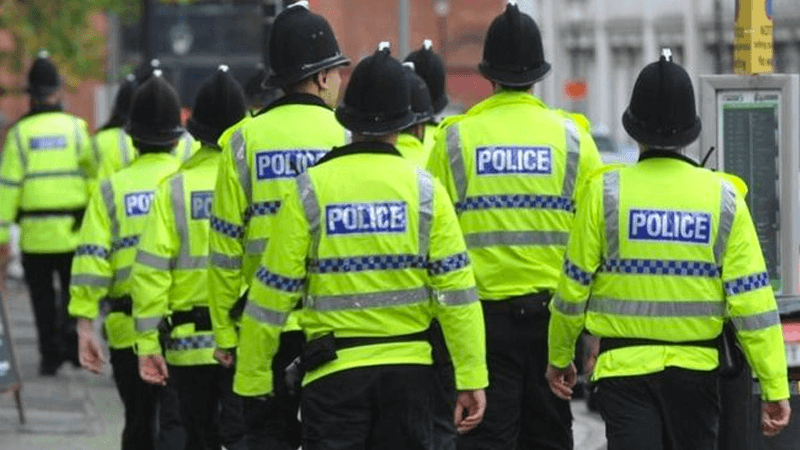People caught growing cannabis are being routinely let off with only a caution by police, figures have revealed.
The Daily Mail reported that numerous police forces are handing out the warnings, even to people found growing tens of thousands of pounds worth of the drug.
However, critics have warned that cannabis growers should not be getting away “scot-free” for cultivating the ‘dangerous and addictive’ drug.
Routinely let off
Devon and Cornwall Constabulary found 194 cannabis farms over a four-year period but brought charges against just 79 suspects.
Officers in West Yorkshire, Suffolk, Essex and Kent also failed to lodge any criminal charges against owners of cannabis farms.
Sara Thornton, head of the National Police Chiefs’ Council, has previously admitted that investigating cannabis farms has “never been a top priority” and police officers had stopped doing so.
‘Serious mistake’
But David Raynes, of The National Drug Prevention Alliance, said: “Police forces that do not charge people who have been caught with commercial quantities of cannabis are making a serious mistake.”
Raynes added that police were “failing society and building up problems for the future” by not prosecuting cannabis growers.
Mary Brett of anti-drugs charity Cannabis Skunk Sense, said it was a “stupid decision” by the police to routinely let people off.
‘Addictive’
In a letter to the Daily Mail, Brett pointed out that: “One in six cannabis users start in their teens and many drop out of education.
“The drug is addictive and can also cause cancer, heart attacks, strokes and depress the immune system.
“Babies born to cannabis-using mothers are smaller, have cognitive impairment and behavioural problems as they grow up.”
Increased substantially
The news comes after research found that legalising cannabis in two US states has led to an increase in its use.
Since the drug was legalised in Washington and Colorado, research found that cannabis use has increased substantially in those over 25. These were the first two US states to legalise the drug for recreational purposes.
Researchers from France’s National Institute of Higher Security and Justice Studies and the French Observatory for Drugs and Drug Addiction, found that in Uruguay, “all indicators of use have risen” since the country became the first to legalise the drug nationwide.
In the UK, cannabis is a Class B drug which carries a maximum sentence of five years and an unlimited fine for possession.

